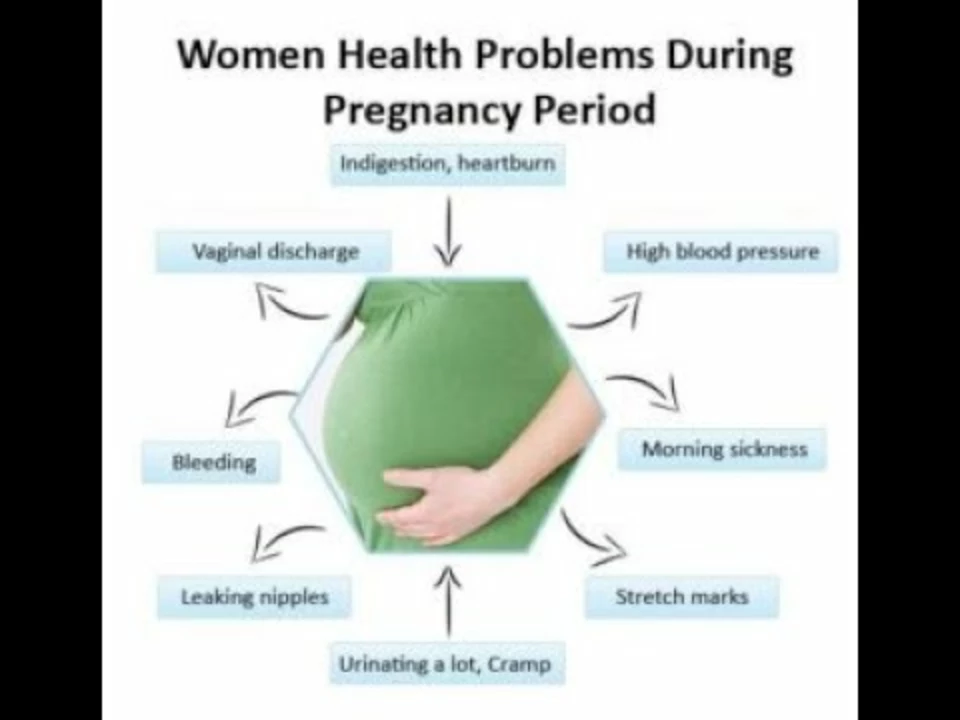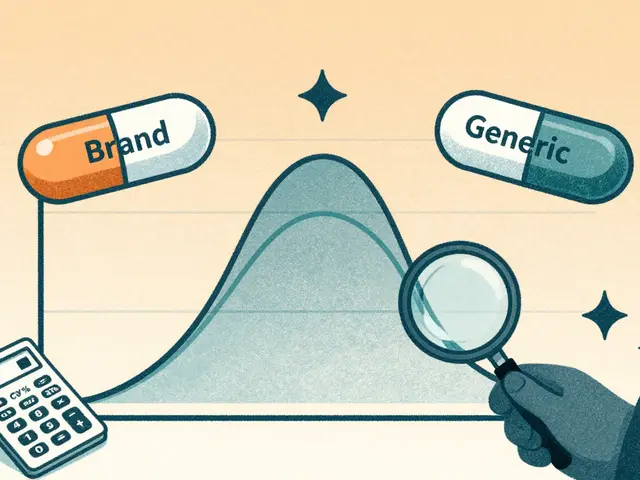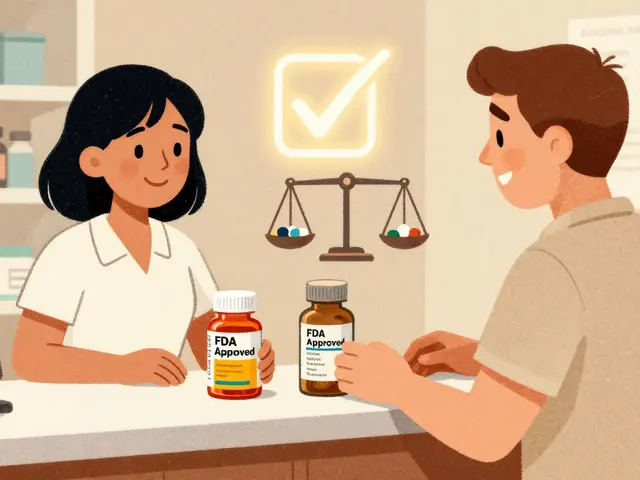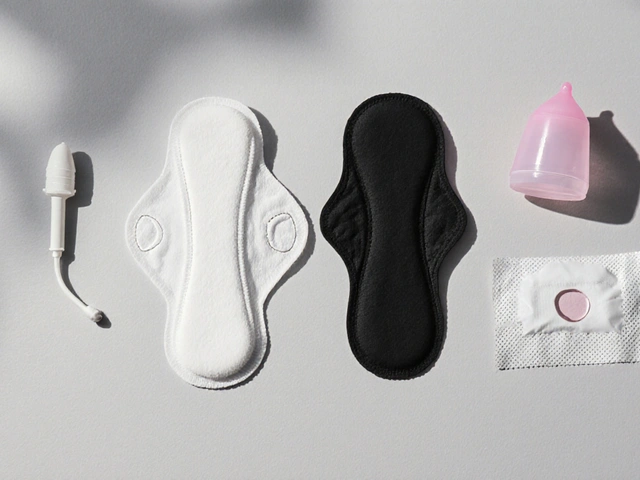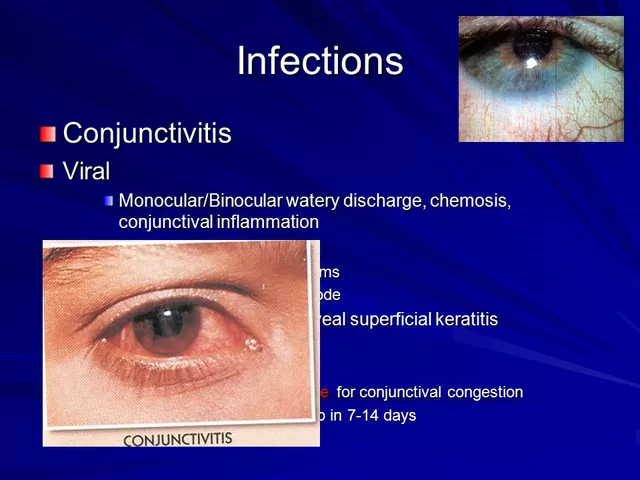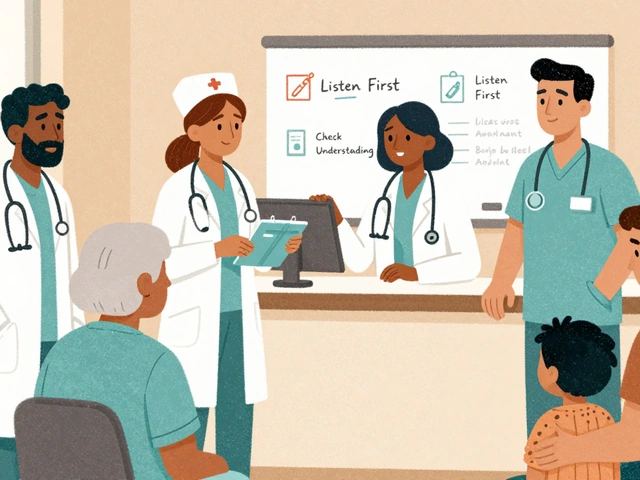Staying healthy: practical tips for smart medicine use and daily wellness
Want to stay healthy without getting lost in confusing advice? Start by making simple, safe choices about medicines, daily habits, and prevention. This page collects clear, usable tips on buying meds safely, comparing alternatives, cutting costs, and everyday things that really help your health.
Safe meds and smart buying
If you buy medication online, check three things first: a valid pharmacy license or contact details, a real prescription policy, and secure payment methods. Red flags include impossibly low prices, no pharmacist contact, and sites that skip prescriptions for prescription-only drugs. When in doubt, ask your doctor or use a known pharmacy. Keep the packaging and leaflet; they show lot numbers and expiry dates you can double-check.
Thinking about switching medications or finding alternatives? Don’t guess. Talk to your clinician about clinical alternatives (for example, statin options for cholesterol or different inhalers for asthma/COPD) and non-drug options where they exist. Diet and exercise can reduce the need for some meds—low-GI meals and regular walking help blood sugar control, and many people cut dose needs with sustained lifestyle changes. If cost is an issue, ask about generics or legitimate discount programs—some apps and discount cards can lower prices but compare coverage before you rely on one.
Daily habits that actually protect you
Small daily routines add up. Sleep 7–8 hours, move 20–30 minutes most days, and keep portion sizes reasonable. For heart health, cut back on salt and processed foods; add fiber-rich foods like oats, beans, and vegetables. Want quick stomach relief? Ginger, chamomile, or fennel tea can help after a heavy meal. These are soothing and have low risk when used moderately.
Prevention matters as much as treatment. Stay up to date with vaccines like flu and COVID where recommended, and keep hand hygiene strong during cold seasons. Do a simple skin self-check for new, scaly, or changing spots—early catch of sun damage like actinic keratosis is worth it. For respiratory symptoms, get tested and treated early; antivirals and targeted care work best when started quickly.
Supplements can help, but use them wisely. Vitamin D and omega-3s have good evidence for specific uses; high-dose or multiple supplements can cause harm or interact with prescription drugs. Tell your doctor everything you take so they can spot interactions—this avoids surprises like blood pressure meds reacting with herbal products.
No single tip solves everything. Use reliable guides when shopping online, ask your clinician about alternatives, and focus on daily habits that reduce risk. Read detailed guides on trusted topics—safe online pharmacies, cost-saving tools, and drug alternatives—so you make choices that fit your life and your health. If something feels off, check with a healthcare professional before changing meds or starting new supplements.
